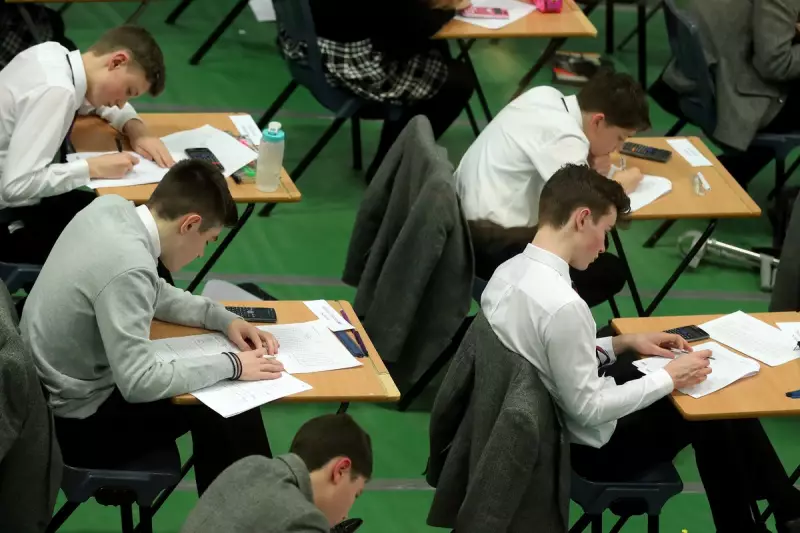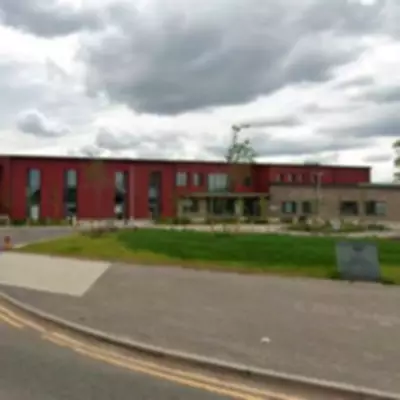
New research has exposed a growing divide in GCSE performance between boys and girls, with experts warning that the trend could have serious implications for the future of education and the workforce.
The widening gender gap
Analysis of recent exam results shows girls consistently outperforming boys across most GCSE subjects. The disparity has become so pronounced that education specialists are calling it "one of the most significant challenges facing UK schools today."
Key findings:
- Girls now outperform boys in nearly all core subjects
- The gap is particularly wide in English and humanities
- Boys maintain only a slight edge in mathematics and physics
- The trend has been consistent for over a decade
Why are boys struggling?
Professor Alan Smithers, director of the Centre for Education and Employment Research at Buckingham University, identifies several potential factors:
- Assessment methods: Coursework-heavy subjects may disadvantage boys
- Teaching styles: Current approaches may not engage male students effectively
- Cultural factors: Changing attitudes toward education among young men
- Role models: Fewer male teachers in secondary education
The long-term impact
Education experts warn that this persistent gap could have far-reaching consequences:
"When significant numbers of boys underachieve at GCSE level, it limits their future opportunities and creates imbalances in higher education and the workforce," explains Professor Smithers.
Call for action
The findings have sparked calls for:
- Review of assessment methods to ensure fairness
- Targeted interventions to support boys' learning
- More research into effective teaching strategies for male students
- Greater focus on vocational pathways alongside academic routes
As the education sector grapples with this challenge, the question remains: how can schools adapt to ensure all students reach their full potential?





